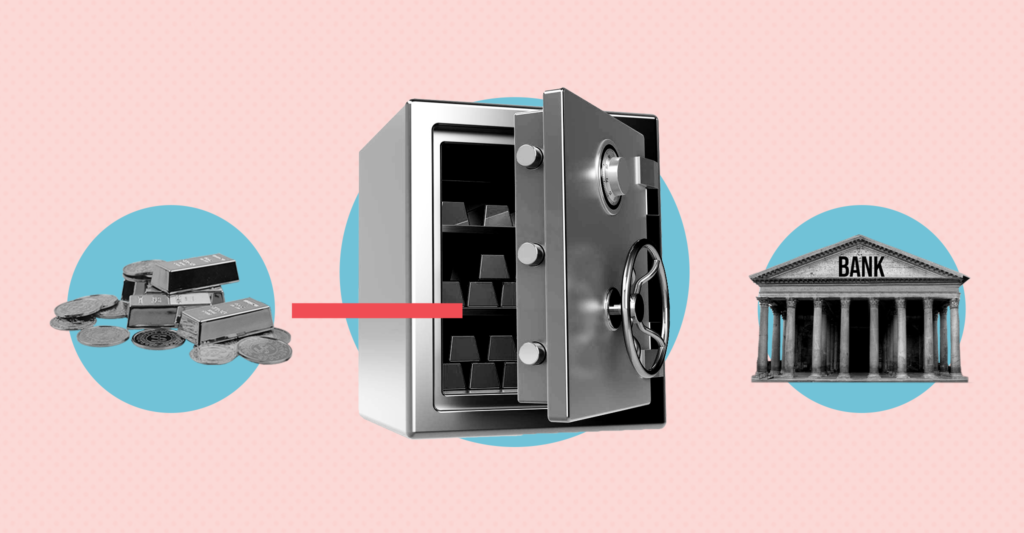Last Updated on May 24, 2022 by Aradhana Gotur
You turn to a bank locker to keep your assets such as gold and jewellery safe. But how safe is it? In case of loss or damage of the contents, a bank could plead ignorance of the contents. Thankfully, the Supreme Court directed the RBI to amend the guidelines to enhance the safety of your locker. Let us take a look.
Table of Contents
What are the revised instructions for safe deposit locker services?
Based on the Supreme Court’s directions, the RBI came up with amended guidelines that create a liability of the locker on banks. A bank would be liable for loss of contents due to fire, theft, negligence, damage to building or fraud committed by their employees. In case of an unwarranted situation, the bank’s liability will be equivalent to 100 times the current annual rent of the locker.
As per the revised instructions for a safe deposit locker, a bank would be liable for loss of contents due to reasons including negligence and fraud committed by their employees. The liability will equal 100x the annual locker rent. Click To TweetWhen is the bank not liable?
If the cause of the damage and/or loss of the locker contents is natural calamities or acts of God, including floods and earthquakes, and the sole negligence of the customer, the bank will not be held liable.
What is the outcome of the revised guidelines?
Banks can no longer deny their liability of a safe deposit citing ignorance about the contents.
Beware! What if the bank offers insurance for the locker?
The new guidelines also make it clear that banks can’t—directly or indirectly—offer insurance for the locker contents. The reason is simple. Banks do not maintain a record of your locker contents. Ergo, they are not under any liability to insure the contents of your locker.
FAQs
What happens when you don’t pay the locker rent?
In case you failed to pay the rent for 3 yrs in a row, a bank has the discretion to break open your locker. But before making any changes in the allotment of your locker, you are entitled to get a reasonable opportunity to withdraw the contents of your safe deposit.
If you still don’t pay the rent, the bank will seal the contents of the locker in an envelope until you claim it.
Can the bank demand a term deposit to avail locker services?
Yes, banks are allowed to do that at the time of allotting you a locker. This is to ensure that you are prompt in paying the rent. The term deposit cannot be more than 3 yrs’ rent and the charges of breaking the locker.
Note that banks cannot demand a term deposit from existing locker holders and those that have a satisfactory operative account.
What is the scope of application of the revised instructions?
These will apply to both new and existing lockers.




